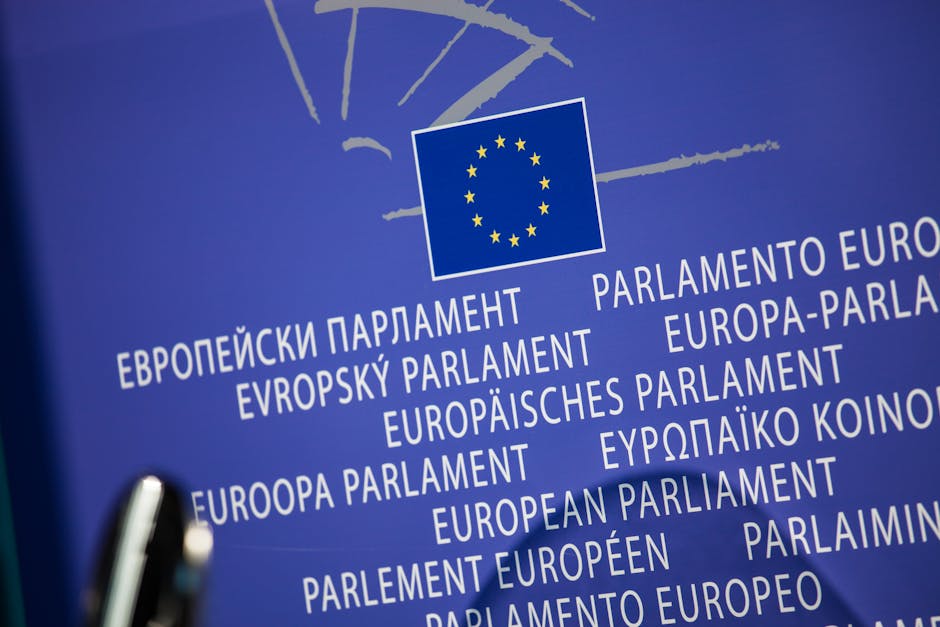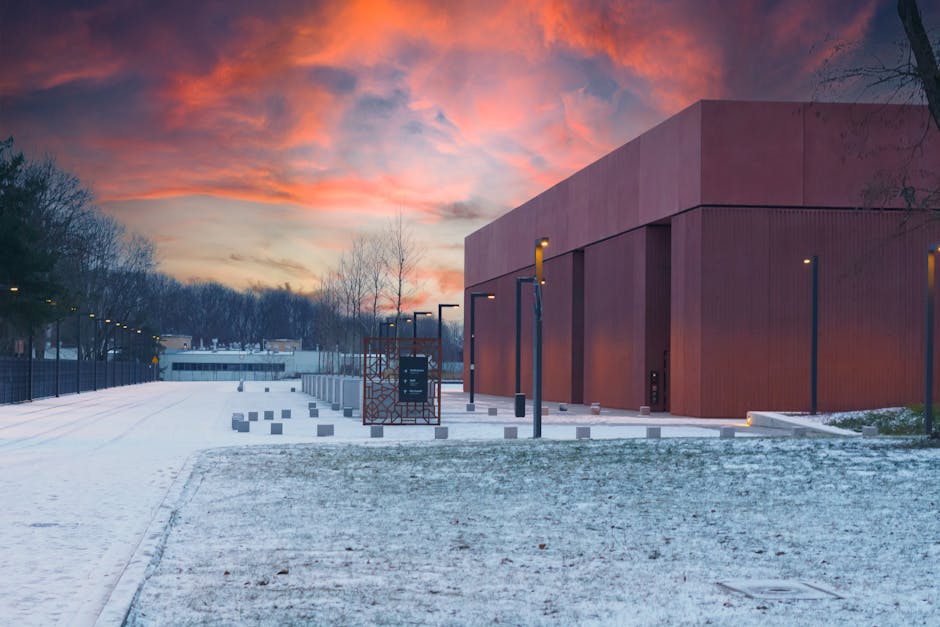From the Wilderness to the World Stage?
From the diplomatic wilderness to a flurry of high-level meetings, Pakistan’s foreign policy has been buzzing with activity lately. Islamabad is courting Washington, securing financial lifelines from Riyadh and Abu Dhabi, and trying to reboot its CPEC commitments with Beijing. The narrative pushed by the Shehbaz Sharif government is one of revival—a return to pragmatic, interest-based diplomacy after the turbulent years under Imran Khan. On the surface, it looks like a carefully orchestrated renaissance.
But scratch beneath this polished veneer, and you find not a strategic rebirth, but a desperate scramble for survival. This isn’t a renaissance; it’s a resuscitation attempt, driven by a catastrophic economic crisis that has brought the nation to its knees.
Transactional Ties: The US and the IMF Lifeline
Let’s be clear: the recent diplomatic “successes” are almost entirely transactional. The renewed engagement with the United States, which included talks on an F-16 sustainment package, is less about a grand strategic realignment and more about Washington keeping a functional line open to a nuclear-armed state teetering on the edge.
For the US, its primary focus remains the Indo-Pacific, with India as its strategic partner of choice. Pakistan, for its part, needs the IMF, and American goodwill is the key that unlocks those funds. This is a relationship of necessity, not a rekindling of a deep alliance.
Investment, Not Aid: The New Gulf Mantra
Similarly, the billions flowing in from Saudi Arabia and the UAE are not blank cheques born of brotherly love. The Gulf monarchies have adopted a new “investment-not-aid” mantra. They are tired of bankrolling Pakistan’s fiscal mismanagement and now expect tangible returns and strategic alignment. This financial dependency gives them immense leverage over Islamabad’s decision-making, curbing its room for independent manoeuvre.
The Unchanging Script: Rawalpindi’s Enduring Control
The most telling sign that no fundamental shift has occurred lies in the unshakeable foundation of Pakistan’s foreign policy: the military establishment. The civilian government may be the face of this new diplomatic push, but the script is still written in Rawalpindi’s GHQ. The core tenets of the army’s worldview remain unchanged.
Has there been any meaningful rethink on using non-state actors as a tool of state policy? Is there a genuine effort to normalise relations with India beyond perfunctory statements? The answer is a resounding no.
The India Obsession: A Stumbling Block to Real Change
The obsession with Kashmir remains a central pillar of its national identity and foreign policy, and the deep state’s hostility towards India is non-negotiable. A true foreign policy renaissance would require Pakistan to confront its self-destructive rivalry with India and dismantle the terror infrastructure it has long nurtured. There is zero evidence of this happening. The ceasefire along the Line of Control holds, but this is a tactical pause, not a strategic pivot towards peace.
Consumed by Crisis: Domestic Turmoil Stifles Strategy
Furthermore, a nation consumed by internal crises cannot execute a coherent long-term foreign policy. The political chaos, the violent power struggle between the establishment and Imran Khan’s PTI, and the resurgent threat from the Tehreek-e-Taliban Pakistan (TTP) demand the state’s full attention. The government’s energy is spent on domestic fire-fighting, not on charting a new course in the world.
Conclusion: A Tactical Reprieve, Not a Strategic Renaissance
What we are witnessing is not a change in Pakistan’s strategic DNA, but a tactical adjustment dictated by economic desperation. Islamabad is making the right noises to secure the funds it needs to stay afloat. But the underlying structures—the military’s dominance, the ingrained anti-India ideology, and the reliance on foreign bailouts—all remain firmly in place. This isn’t a renaissance; it’s a temporary reprieve. For a true transformation to occur, the change must come from within, starting with the very institution that holds the keys.



